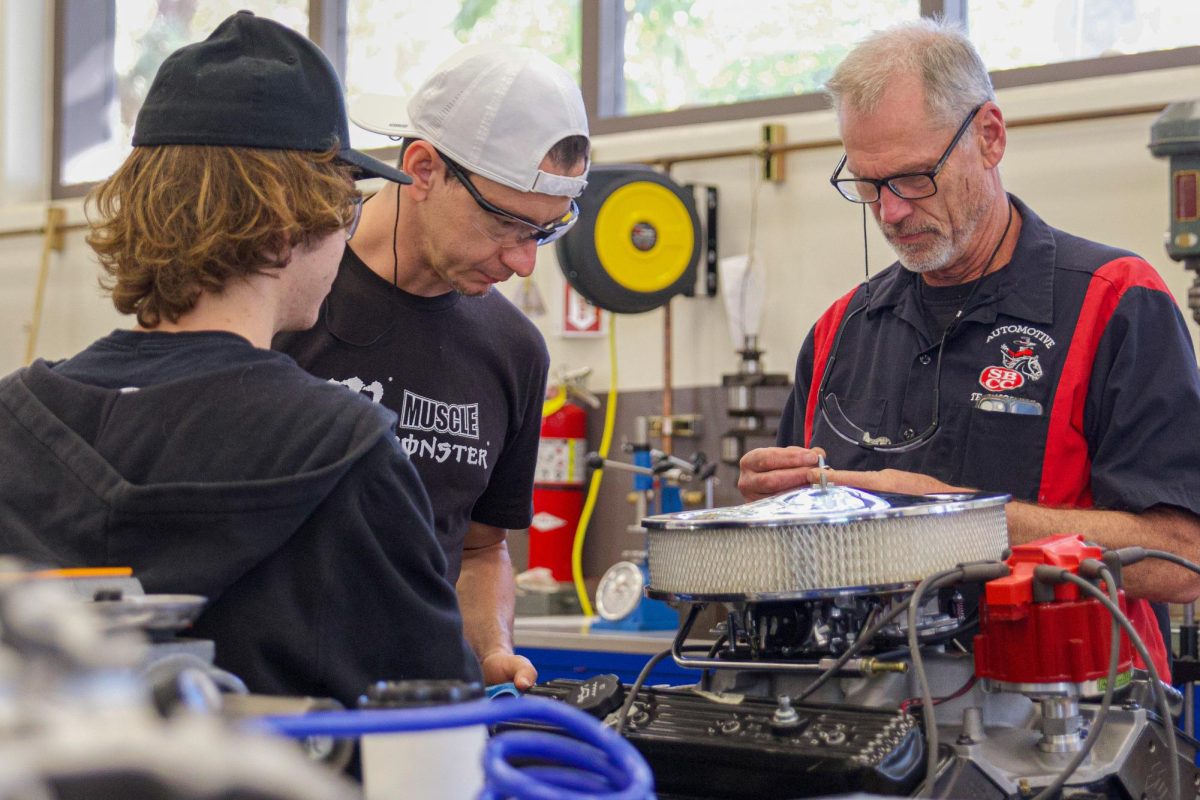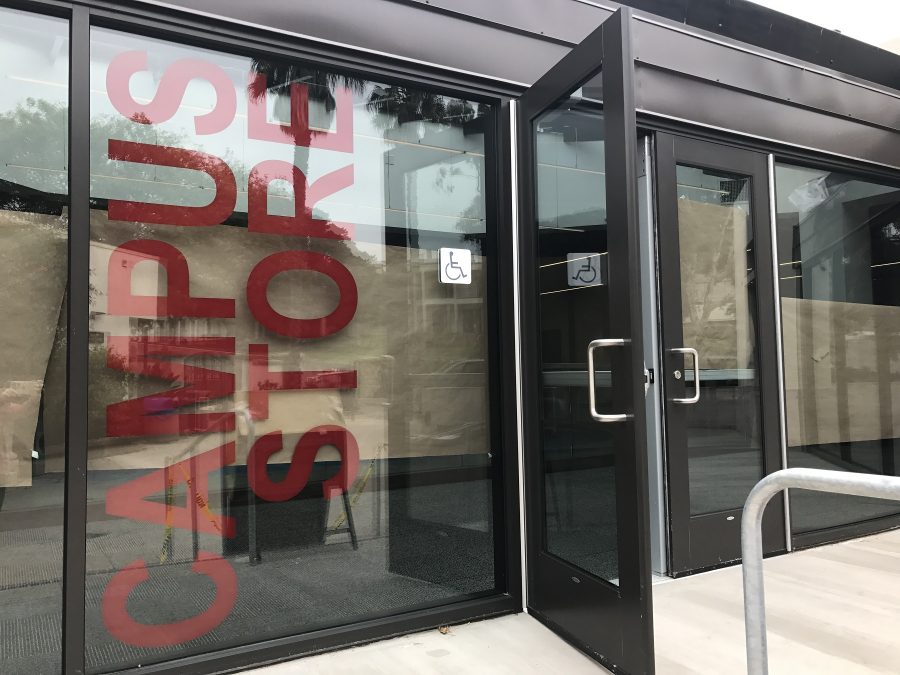The Behavior Intervention Team, or BIT for short, provides help for troubled City College students with financial, health and academic issues and attempts to prevent student-caused catastrophes.
“The whole purpose of the BIT team is to provide intervention,” said Dr. Ben Partee, dean of educational programs and student discipline, who serves as chair of the team. “It’s to prevent something from happening to a student, staff member, faculty or administrator.”
The team, which is composed of on campus faculty and made up of various programs, has been around for 15 years, starting off as the Psychological Intervention Response Team. The program evolved when they realized that they dealt with more than just psychological issues.
The team meets once a week, from 8:30 a.m. to 10:00 a.m. every Thursday morning. Its agendas are always full either with new reports of struggling students or follow-up reports of those who have been assisted.
The Team operates on “Student of Concern reporting.” Although a student may report another student, faculty members are typically the ones to report. A student can also report a faculty member if need be.
When a student is reported, a form, which can be found on the college’s website, is filled out and evaluated by the team. From there, it is decided whether the individual reported should meet with a personal counselor for psychological issues, have a welfare check if they are suffering from financial issues or meet with Partee, for behavioral issues. As of the fall semester, the team has received and reviewed over 100 “Student of Concern” reports.
Alyson Bostwick works as a personal counselor on campus for the team. She deals with problems students have from stress, anxiety, depression, relationships issues—whether it be concerning significant others, friends, family, roommates, instructors, or anything else—to grief and loss.
“Self-care is the most important aspect of helping,” said Bostwick. “That would include not only reaching out to others for support but taking care of one’s self through sleeping, regular eating, exercise, deep breathing and positive self-affirmation. Self-care encompasses a large spectrum of different areas. Learning how to take care of one’s self is the prime thing that all students need to learn.”
Bostwick stressed how important it is that faculty reports students that are showing signs of concern.
“I’d like to see more faculty and staff come to the training that we offer,” she said, adding that there is training offered each year to help people see the red flags.
A student is normally reported when a faculty member recognizes they are acting strangely or the quality in their work has dropped. Sometimes a student not attending class can indicate alcohol or drug abuse, Partee said.
“It could be they’re not eating correctly, something happened to their financial aid so they’re out on the street so they’re couch surfing, they’ve overdosed or they’ve been sexually assaulted. We get it all—It’s unending.”
Partee emphasized the importance of prevention and caring.
“It comes from a caring perspective not a punitive. The ultimate goal is to keep the campus students safe,” Partee said.
“We know what’s going on across the country on college campuses with sexual assault and gun violence,” he said. “My job is to educate and to prevent.”
“There’s a lot of things we can do, in my mind, to prevent a catastrophic incident on this campus,” he added.
Partee’s office is located in Student Service Building Room 260. He can be emailed at [email protected].










